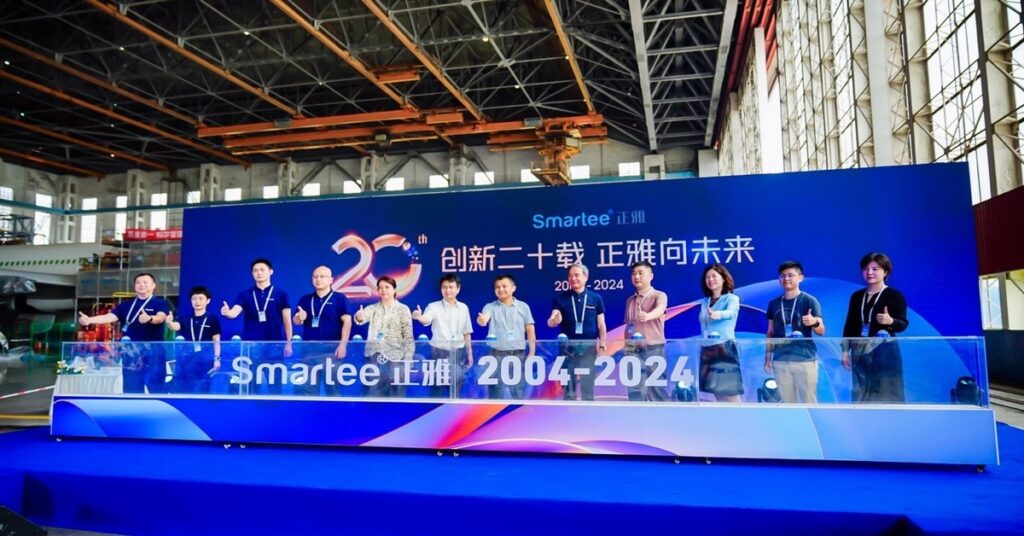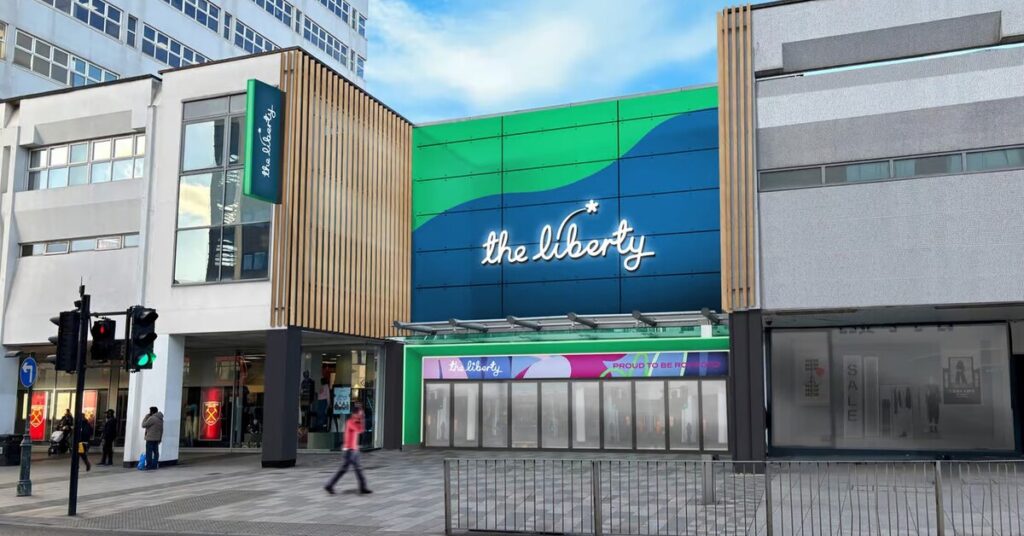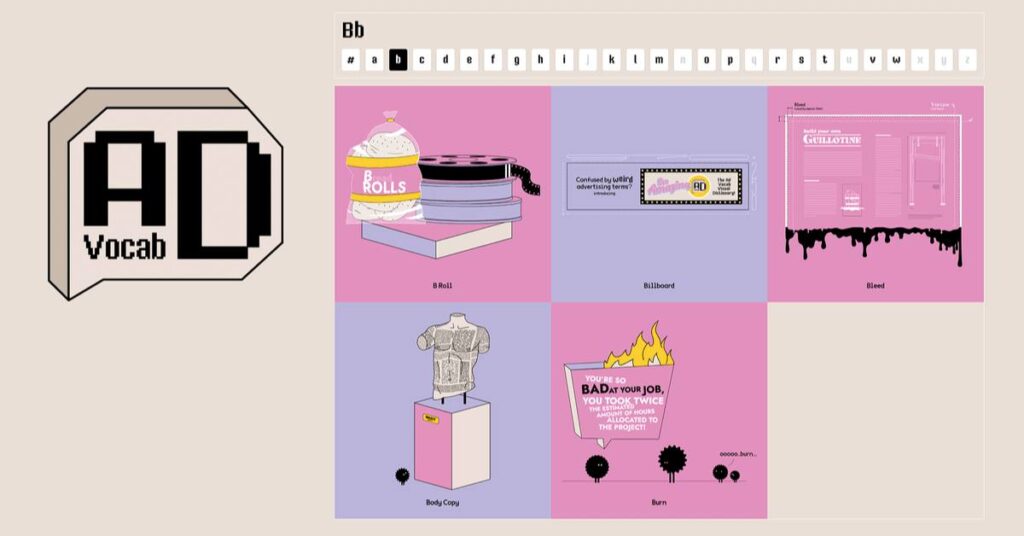Despite easing inflation and falling prices, consumers are still feeling the pinch and tightening their spending. This has global retailers worried. Energy bills, rent, and food costs left consumers reeling. Consumers, the world over, were hit by the post-pandemic spike in inflation, supply chain issues, and rising food, and energy crisis which were partially driven by the war in Ukraine.

According to a new survey by the Boston Consulting Group (BCG) and the World Retail Congress, retailers agree that economic and operational uncertainty will continue in 2023. But there are signs of optimism as well. Around 65% of respondents expect the economy to grow this year, either slowly or rapidly. Less than 13% of retailers surveyed said their organizations are investing in longer-term strategies such as AI-powered solutions to tackle these challenges. Most were focused on short-term fixes like increasing prices and marketing campaigns.
AI-powered Solutions
Ian McGarrigle, chair of the World Retail Congress, said many retailers are missing out on the potential of AI-powered solutions to address the challenges facing retailers and create long-term resilience for their businesses. The report acknowledged that the prospect of introducing this technology into the business can be daunting. It said AI can identify challenges and help solve them while creating sustainable advantages, and prioritize high-value use cases based on business opportunity, feasibility, and ambition. Businesses can build, test, and iterate the technology and then scale quickly to deliver fast impact, build capability, and transform the organization throughout the journey.

Tiffany Yeh, BCG managing director and partner, and co-author of the report, said the new, post-pandemic retail environment is more challenging, complex, and competitive than before. She believes the majority of retailers are overlooking an opportunity to embrace AI-powered solutions. The research says AI can help retailers build intelligent and long-standing competitive advantages by capturing customer attention and boosting customer loyalty.
Testing Hot Waters
Many retailers are testing multiple approaches to cope with the sluggish demand environment. The most common option, as per the research, is loyalty program investments, product offering optimization, price promotions, and digital customer experience investments.
Reckitt finance chief Jeff Carr highlighted that salary costs have increased, commodities are a mixed bag, and freight costs have declined, with first quarter price/mix, rising 12.4%, and sales volumes falling 4.5%. Juergen Esser, Danone CFO, told analysts in a post-earnings call that labor costs, liquid milk, and sugar prices are up. Some costs are down so the company expects inflation to decrease through the year. Unilever agreed that the industry was past peak inflation, but not past peak pricing. Pepsico CFO Hugh Johnston said there will be a decrease in the rate of inflation, but not deflation. It’s going to happen very slowly over the course of 2023.
Associated British Foods said it’s unclear when companies would start passing on some of their lower costs to consumers. It doesn’t expect many more price increases in the second half of 2023, as costs of vegetable oils, wheat, energy, and freight would start to fall.



